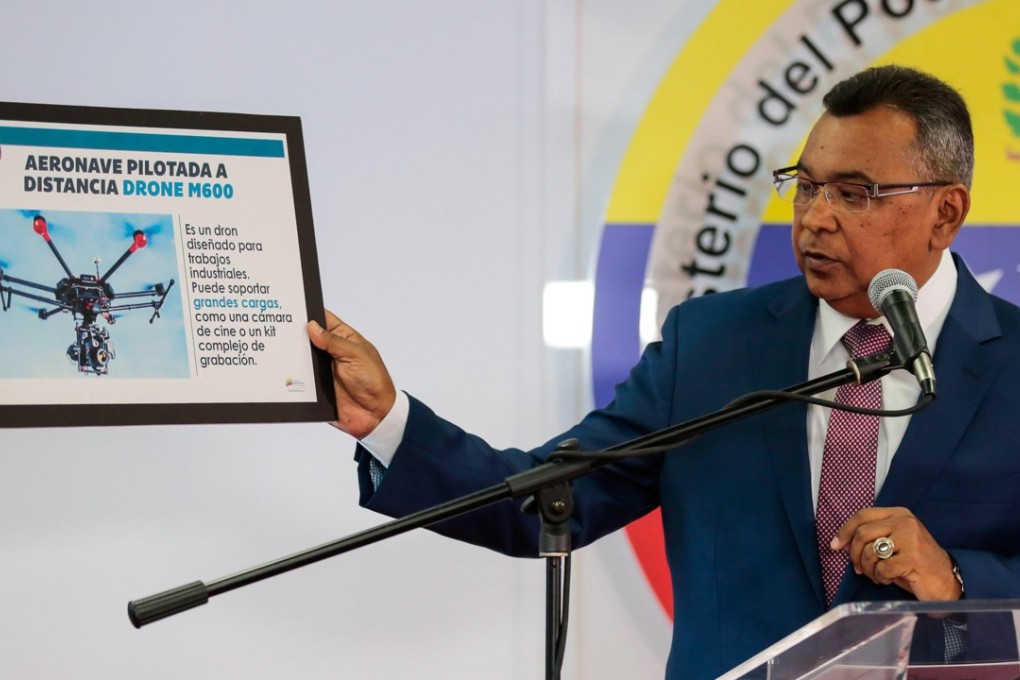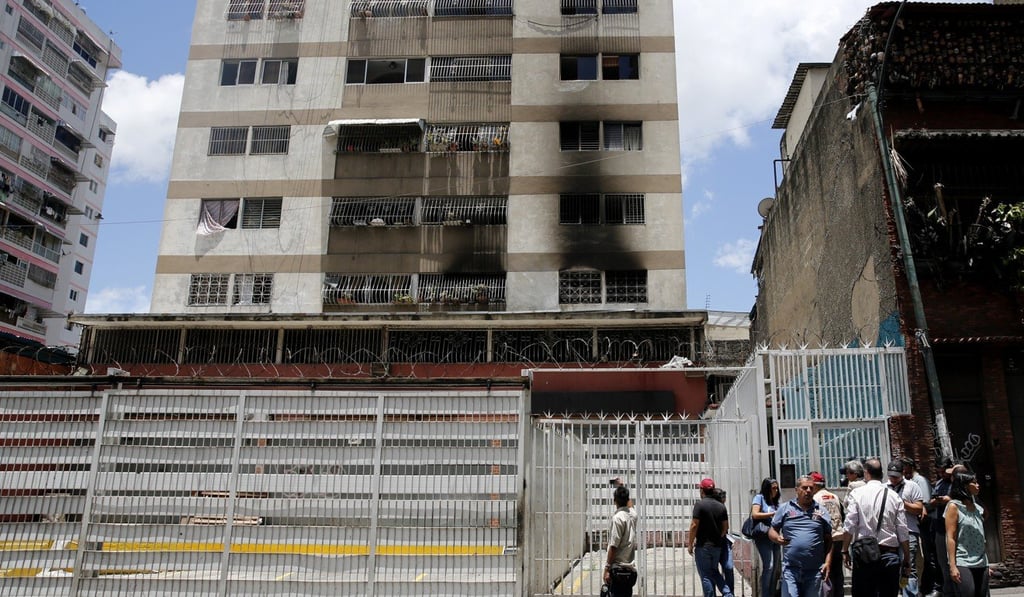Analysis: with drone attacks, the era of joystick terrorism appears to have arrived
Attacks in Venezuela and Abu Dhabi demonstrate the threats posed by drones to heads of state and air passengers alike

A failed assassination attempt against Venezuelan President Nicolas Maduro on Saturday was mounted with explosive-armed drones, according to news reports.
Nine days earlier, and on the other side of the world, a group claimed to have sent an armed drone to attack the international airport in Abu Dhabi.
No one was killed in either case, and the circumstances of both remain murky. But a new and dangerous era in non-state-sponsored terrorism appears to have begun, and it is unclear whether authorities are equipped to counter it.

In Abu Dhabi, Houthi rebels from Yemen said they launched a drone attack at the airport. UAE authorities deny the incident occurred, but it is technically possible for the rebels to have done so.
But these episodes may encourage other technologically savvy groups and disgruntled individuals to use drones to commit political violence.
Militant groups such as Islamic State have already used drones to carry out attacks by dropping grenades or crashing into infrastructure.